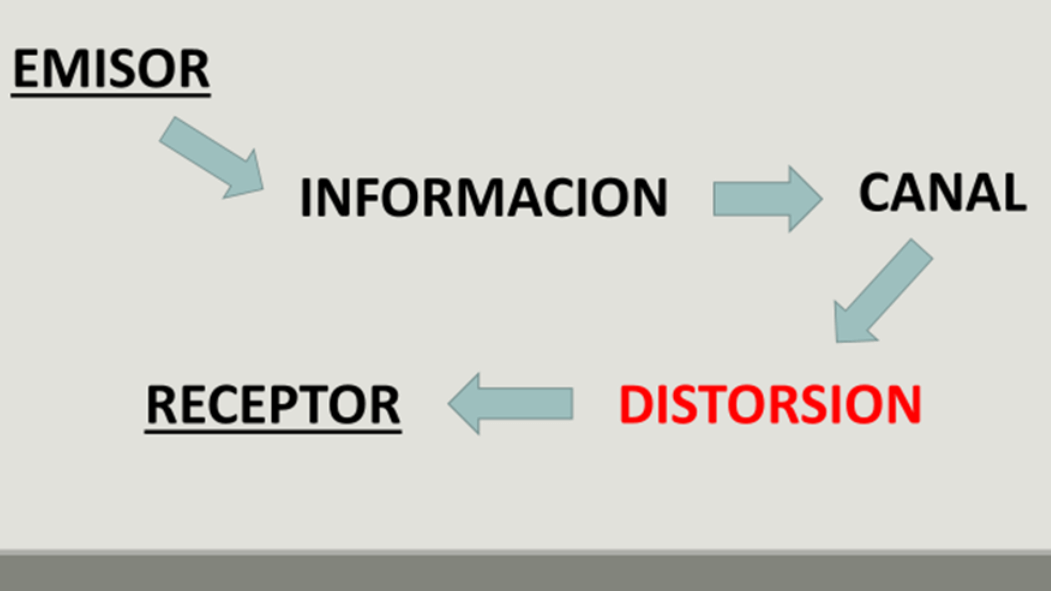Psychological warfare has been an ancient practice that has been used since the strategy existed. It consists of a set of actions aimed at morally, emotionally or symbolically destroying the opponent within the framework of a confrontation.
Great warriors and combatants knew how to subjectively undermine the enemy, producing strategic advantages.
From the famous work The Art of War, which has since been a classic manual for combatants. The Chinese strategist Sun Tzu Sun proposed precisely the idea of, without firing a weapon, defeating the enemy in war.
Sun Tzu Sun
Wars, institutional battles or corporate conflicts are not won only on the barricades, or with sophisticated systems; they must also be won in the minds of the people. Combining the development of a good strategic plan, which must subsequently be developed through appropriate tactics.
Psychological warfare involves impressing the enemy to reduce their chances of success. On the one hand, try to paralyze the opponent, defeat him before he even starts to fight and, on the other hand, win the "minds and hearts" of the people who act in third place.
Own source
Later psychological warfare took the form of propaganda. War propaganda has been one of the main “weapons” that have been used since ancient times. Propaganda has served to create, reinforce or modify the opinions and actions of people, from the first civilizations to today's postmodern society.
Without a doubt, the use of political propaganda came of age with the First World War. From then on it would experience extraordinary development.
In general, psychological warfare is understood as propaganda and deception through the media. However, it is about something much broader. It is a war that combines political, economic, cultural and military aspects.

Present
The current wars begin to be fought in the sphere of ideas and feelings, almost simultaneously in the field of national public opinion of the aggressor, in the international arena and in the country that will be the object of the aggression, and then move on to their conjunction with the armed struggle and accompany it throughout the entire extent of the conflict, interweaving in such a way that it is sometimes difficult to discern how much military or psychological purposes a military action pursues.
We talk about how the message you want to send can be manipulated and distorted to cause the sender a confusing perception of what may really be happening. The information is released by a channel or medium that makes this change in order to establish an appreciation of the different issuer.

Persuasive measures that are designed to influence the attitudes, opinions and behavior of opposing forces, with the purpose of achieving national objectives. Likewise, it is important to always take into account two elements closely linked to propaganda activity: censorship (control of the flow of information) and disinformation (what we currently call “fake news”).
Manipulation is used strategically today to reach profiles, thus being able to convert thoughts and ideals for a cause. Supporting campaigns against a type of personal or institutional profile.
These resources are useful and help mobilize masses in a direction or change the already established course.




